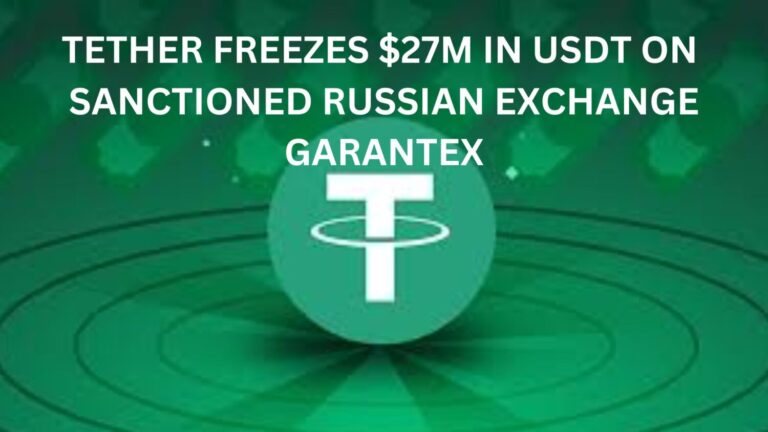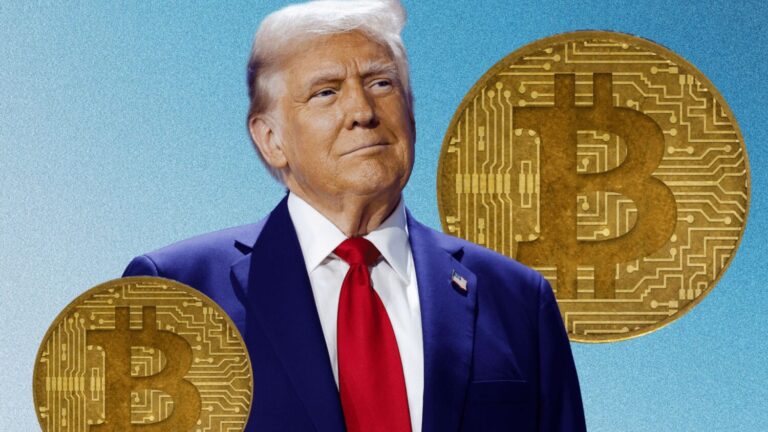Key takeaways
- The city plans to launch the Busan Digital Asset Exchange in 2024.
- Busan is investing $75 million to create a public blockchain network, aiming to become a global blockchain hub.
Busan, South Korea’s bustling port city, is embarking on an ambitious journey to establish itself as a global blockchain hub.
In a strategic move, the city is developing a public blockchain network tailored to seamlessly integrate with popular blockchain platforms such as Ethereum and Cosmos. The objective is to unify blockchain-based services from various networks onto a single, city-wide platform, thereby transforming Busan into a full-fledged “Blockchain City.”
To address the challenge of fragmented blockchain experiences, Busan City has actively experimented with blockchain technology in its trade-free zone. However, these projects often operated on disparate blockchains, resulting in an incongruous experience for businesses. The solution? The creation of a public blockchain that seamlessly integrates with global blockchain networks like Ethereum, ensuring a smoother and more cohesive ecosystem.
Backing this ambitious initiative is a substantial budget of 100 billion won ($75 million) allocated under the Blockchain Innovation Fund (BIF). This financial support is a result of contributions from both public financial institutions in Busan and the keen interest of nearly 100 private companies.
Busan City also plays a pivotal role in establishing the blockchain trust framework (BTF) technology standard, led by the Korea Internet & Security Agency (KISA). This standardized framework establishes rigorous requirements for blockchain technical systems, performance, and security levels, with the aim of enhancing the quality of private services and promoting seamless interconnection between these services.
Furthermore, this standard will extend its reach to public services within Busan City.
As part of its long-term blockchain development plan, Busan envisions the launch of the Busan Digital Asset Exchange in the first half of 2024. The city’s vision extends further, with plans to eventually encompass all blockchain-based digital assets, although the timeline for this expansion has not been disclosed.
The latest development comes amid reports that South Korea’s National Tax Service’s revealing that taxpayers declared a total of 130.8 trillion South Korean won ( $98.5 billion) in overseas crypto assets







